Filmmakers have been creating and producing films for over a hundred years across the globe. Countries all around the world have been making films in different genres spanning decades. Different film movements and eras worldwide have inextricably impacted the film industry and its future. German Expressionism, The French New Wave, The Golden Age of Hollywood, and a multitude of others have changed the way films have been made. The art of filmmaking is one where artists and creators learn from those who came before them in order to make their own mark in the industry. The industry thrives off paying homage to the past to inspire new ideas.
No matter where a film is made, they all require a studio behind them to produce and distribute the movie. It is the job of a studio to get the films they are financing sent out to theaters or festivals so that the films have the opportunity to be seen by as many people as possible. Studios can certainly be difficult to work with at times, especially if they try to insert creative control or restrict budgets, but they are a necessary cog in the machine of filmmaking.
Since the United States is one of the largest film production markets in the world, numerous film studios have made their homes here. Many of these studios have produced some of the most beloved and respected films of all time, and many of these studios are still pumping out movies today. Nevertheless, considering just how many film studios are housed in the U.S., some of them are no longer in operation. Some of these non-operational studios are quite well known too. With that being said, here are ten famous American film studios that are now defunct:
10 New World Pictures (1970-1997)
Founded in 1970 as an independent studio by brothers Robert and Gene Corman, New World Pictures was a production and distribution company for motion pictures. In 1984, the studio expanded into television production as well. By 1993, the studio made its way into broadcasting when it acquired seven television stations. New World Pictures distributed numerous films over the years, and in its early days, it was actually the American distributor for a few of renowned Swedish director Ingmar Bergman's films. The independent studio distributed both Cries and Whispers and Autumn Sonata. In the '80s, the studio dabbled in the horror genre with slashers such as The Slumber Party Massacre and Children of the Corn, as well as the supernatural cult classic Hellraiser. Despite delving into the television realm in the '90s, the studio's film production slowed down significantly in the early part of the decade, and the studio has been defunct since January 1997.
9 Rankin/Bass Animated Entertainment (1960-1987)
If you have ever watched Rudolph the Red-Nosed Reindeer or any other stop-motion holiday special, then you are familiar with the work of Rankin/Bass Animated Entertainment. The former animation studio was known for its seasonal TV movies throughout the '60s and '70s that utilized a special technique called "Animagic". This specialized animation style included the doll-like characters many of us grew up with, as well as the powdery snow seen in most of their specials. The studio was founded in New York City in September 1960 and eventually shut down production for good in March 1987. While Rankin/Bass was primarily known for their holiday specials, the animation studio did make non-seasonal TV films as well. In the early '70s, the studio made four TV movies for ABC's The ABC Saturday Superstar Movie series.
8 Film District (2010-2014)
Based in Los Angeles, Film District was an independent studio founded in September 2010 by Bob Berney and Peter Schlessel. The studio specialized in distribution, production, acquisitions, and financing. All of Film District's releases were distributed for home video by Sony Pictures Home Entertainment, except for Red Dawn, which was distributed by 20th Century Fox Home Entertainment. The first film the indie studio released was James Wan's supernatural horror hit Insidious in association with Blumhouse Productions. Other releases included Soul Surfer, Drive, Don't Be Afraid of the Dark, and the 2013 reboot/requel Evil Dead. In 2014, the studio was absorbed by Focus Features, effectively ending any releases under the name Film District.
7 The Weinstein Company (2005-2018)
Once one of the largest mini-major film studios in North America, The Weinstein Company was founded in March 2005 by brothers Bob and Harvey Weinstein after their departure from Miramax. The studio was responsible for the distribution or production of highly regarded or popular films such as Inglourious Basterds, Silver Linings Playbook, The Master, Paddington, and many more.
The studio is obviously now defunct after the disgraced Harvey Weinstein faced multiple sexual assault and harassment allegations from over 100 women. The company dismissed Weinstein in October 2017 as a result. Naturally, financial troubles quickly followed, and the company filed for Chapter 11 bankruptcy in February 2018. The independent studio Lantern Entertainment acquired the majority of TWC film assets and library. In March 2019, Lantern Entertainment revised Spyglass Media Group and licensed their film libraries to Spyglass. Then in 2021, Spyglass sold most of TWC's catalog to Lionsgate as part of an acquisition deal. Now, Weinstein is a convicted sex offender and currently serving 23 years in prison at the Mohawk Correctional Facility in upstate New York.
6 Blue Sky Studios (1987-2021)
Known mostly for the Ice Age franchise, Blue Sky Studios was founded in 1987 by former employees of MAGI, the visual effects studio responsible for Tron, shut down. The computer animation studio was based in Greenwich, Connecticut and utilized in-house rendering software to create the visual effects for commercials and films before they finally decided to dedicate the studio to filmmaking. Blue Sky's first feature-length film was indeed Ice Age in 2002, and they went on to make 12 more films before closing down production in April 2021. The studio made family-oriented animated films such as Robots, Epic, and Rio in addition to the five Ice Age movies they made. 20th Century Fox distributed the theatrical releases for Blue Sky's movies as the animation studio was a subsidiary of the company. After the Walt Disney Company acquired 20th Century Fox, they were able to shut down Blue Sky in 2021 and cited the economic impacts of the COVID-19 pandemic as the reason for ceasing operations.
5 Warner Bros. Family Entertainment (1992-2009)
Warner Bros. founded a separate family division in 1992 under the name Warner Bros. Family Entertainment. The idea was to produce more family-oriented films and television shows that could be in its own bracket separated from the rest of the Warner Bros. catalog. The first film the division theatrically released was the box office hit Dennis the Menace, which grossed over $50 million domestically in 1993. WBFE is responsible for classic family films such as Free Willy, The Secret Garden, My Dog Skip, The Iron Giant, and Space Jam. The now nonfunctioning studio also made quite a few box office flops, such as Thumbelina, The Pebble and the Penguin, and A Troll in Central Park, among others. By the 2000s, WBFE slowly started to decrease the number of films they were making. The last film they made was the German-animated film Laura's Star and the Mysterious Dragon Nian before shutting down in 2009
4 Trimark Pictures (1984-2001)
Originally named Vidmark Entertainment until 1989, Trimark Pictures was founded in 1984 by Mark Amin with Vidmark Inc. as the studio's holding company. Trimark's first couple of releases were straight-to-video films before releasing its first theatrical film in 1989. Its first theatrical film was Going Overboard, which was actually the film debut of Adam Sandler, and also starred Billy Bob Thorton in a small role. The studio was known for releasing films that were considered to be controversial at the time, including Peter Jackson's gory zombie feature, Braindead. In March 2001, Trimark was merged with Lionsgate, which blocked the studio from releasing more films.
3 Dimension Films (1992-2019)
Dimension Films was created as a genre film division within Miramax by the dishonorable Weinstein brothers until it later became part of TWC in 2005 after they left. The studio mainly produced independent films with a focus on horror and sci-fi films, although it is also known for releasing the Spy Kids movies. Dimension really found its home in the horror genre, releasing many of the Halloween, Hellraiser, and Children of the Corn sequels in addition to the first four Scream movies. It also released a few comedies, such as Jay and Silent Bob Strike Back and Bad Santa. When TWC filed for bankruptcy and was sold to Lantern Entertainment, and in 2019 ViacombCBS acquired the rights to almost half of Miramax's properties, including pre-2005 Dimension movies. Now, the studio only exists as an in-name-only company to retain the copyrights to its library as well as its pre-2005 movies and no longer releases movies.
2 Touchstone Pictures (1984-2017)
Touchstone Pictures was founded by the Walt Disney Company in 1984 as a film production label of Walt Disney Studios. The purpose of Touchstone was to house more mature films that were targeted toward adult audiences rather than the young audience of children that Disney typically catered to. All Touchstone films were financed by Walt Disney Studios, making it an in-name-only brand for Disney to produce mature movies. The label's first film was the fantasy romcom Splash starring Tom Hanks and Darryl Hanna.
Touchstone released many acclaimed films, such as the Robin William-led Good Morning, Vietnam, Wes Anderson's The Life Aquatic with Steve Zissou, Martin Scorsese's The Color of Money. The studio actually produced quite a few of Scorsese's films, including Gangs of New York and Bringing out the Dead. Disney entered a five-year, 30-picture distribution deal with DreamWorks Pictures in 2009 in which DreamWorks' movies would be distributed under the Touchstone banner. The deal ended in 2016 with Touchstone's final film, The Light Between Oceans, and Disney decided not to keep the division up and running by 2017.
1 RKO Radio Pictures (1929-1959)
Often referred to as RKO Pictures or simply RKO, RKO Radio Pictures was one of the original "Big Five" American film studios during the Golden Age of Hollywood. The Big Five consisted of MGM, Paramount, Fox (now 20th Century Fox), Warner Bros., and RKO Pictures. Of the five major studios, RKO is the only one that is defunct. The studio was formed after the Keith-Albee-Orpheum theater chain and Joseph P. Kennedy's Film Booking Offices of America studio was brought together by the Radio Corporation of America in 1928m with production officially beginning in 1929 under RKO.
RKO was known for its musicals and was the studio home to some of the Golden Age's biggest names. During this time period in Hollywood, actors signed deals with studios to continue to make pictures for them, so they essentially became the faces of these companies. Katharine Hepburn, Fred Astaire, and Ginger Rogers were just some of the successful RKO stars. Cary Grant was also a main attraction for the studio, filming many of his legendary screwball comedies that RKO eventually became associated with. The famous studio produced some of the most influential films of all time, including Citizen Kane and the original 1933 King Kong. RKO even distributed many of Walt Disney's early films in the '20s and '30s. After about seven disastrous years under Howard Hughes' reign, the General Tire and Rubber Company bought RKO in 1955. After two years of trying to revive the studio, General Tire announced it would close RKO in 1957, and it officially dissolved in 1959.
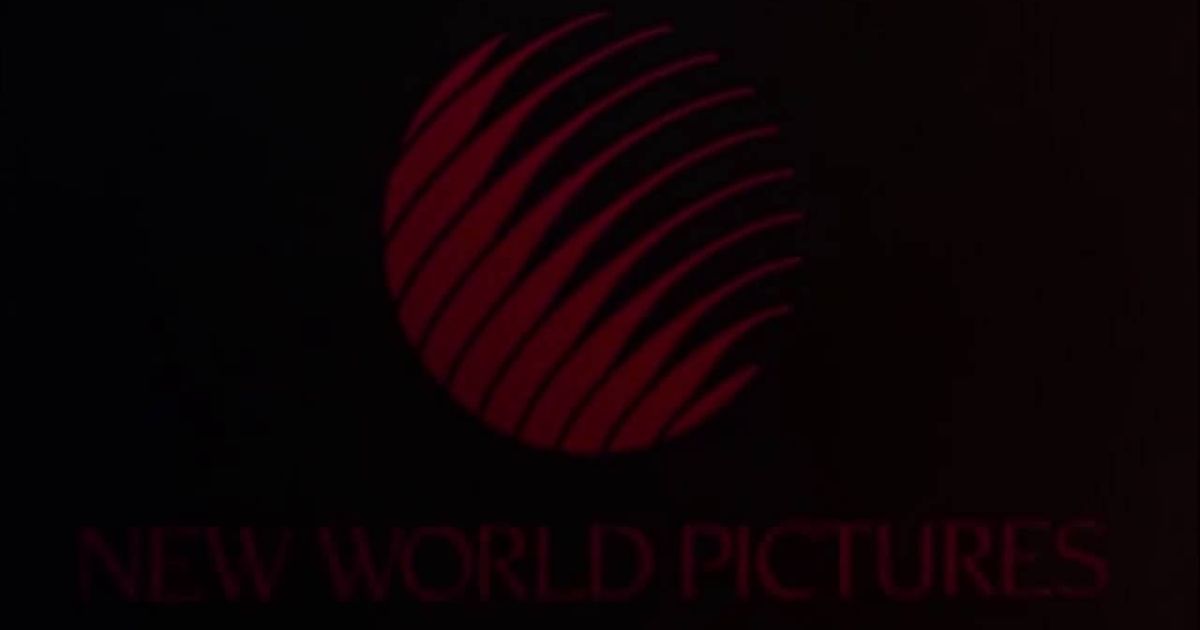
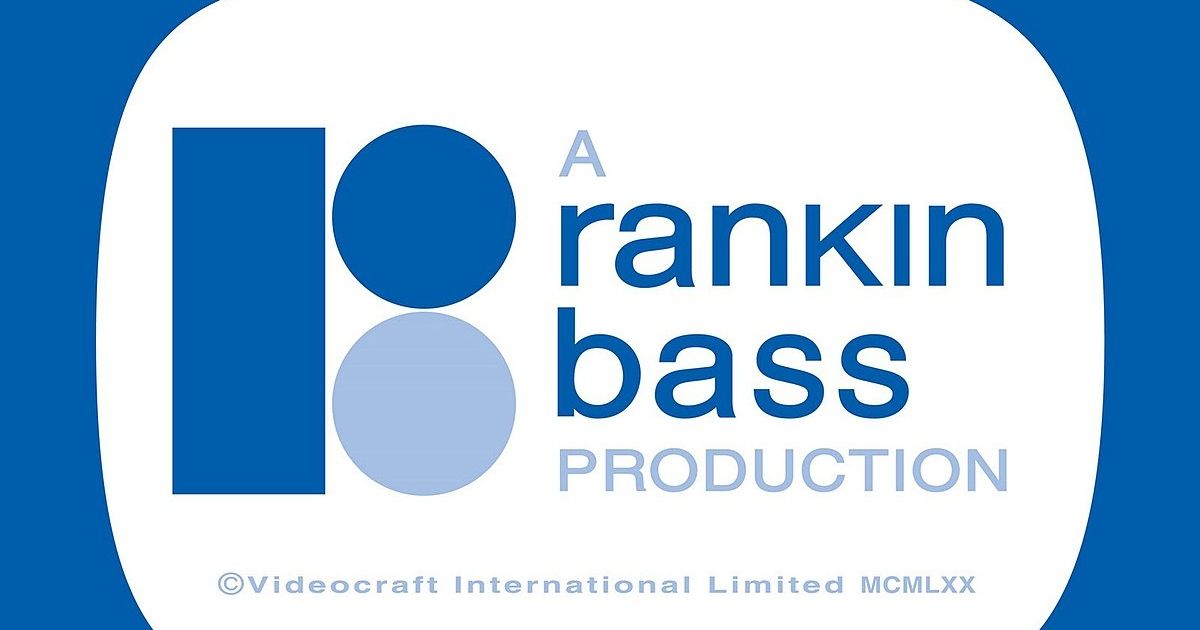

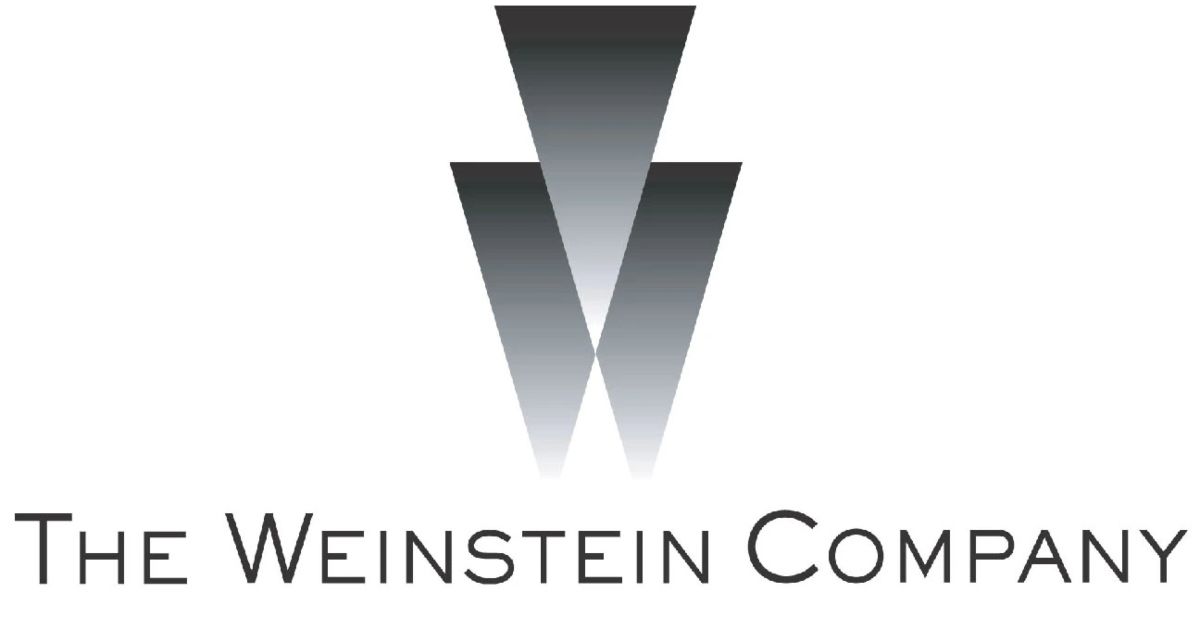
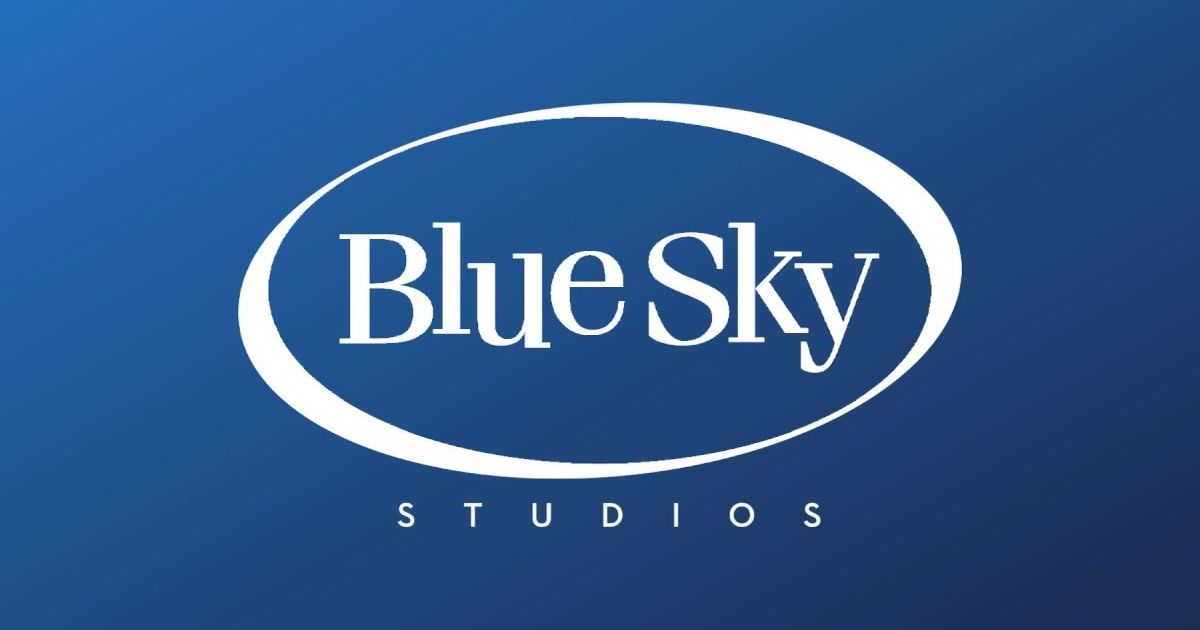
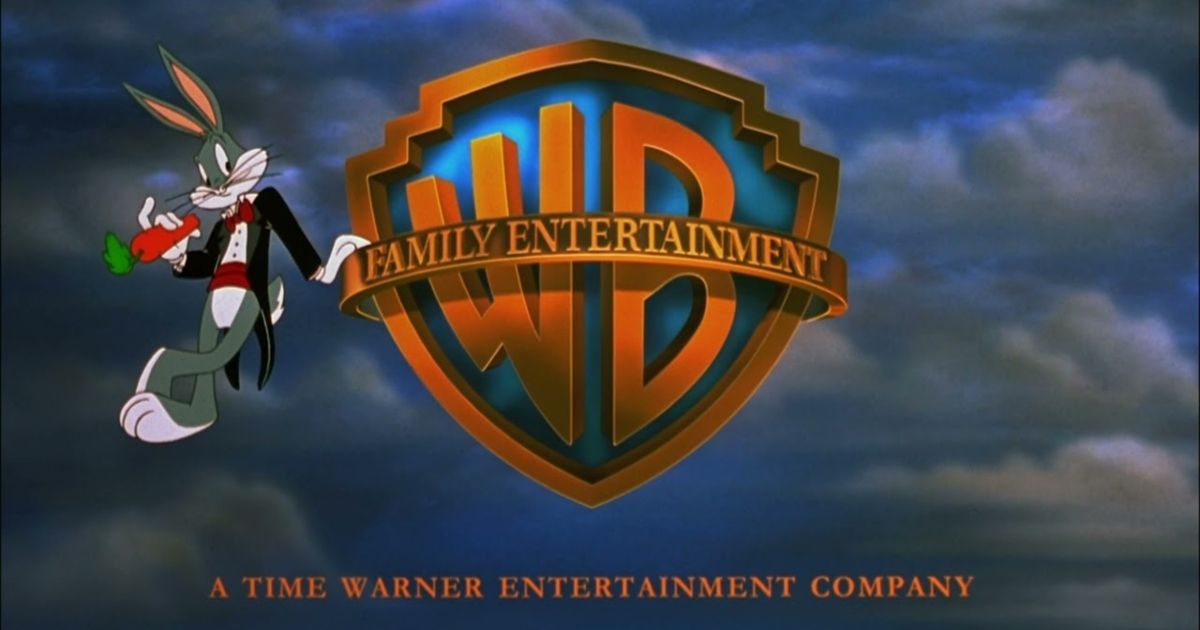
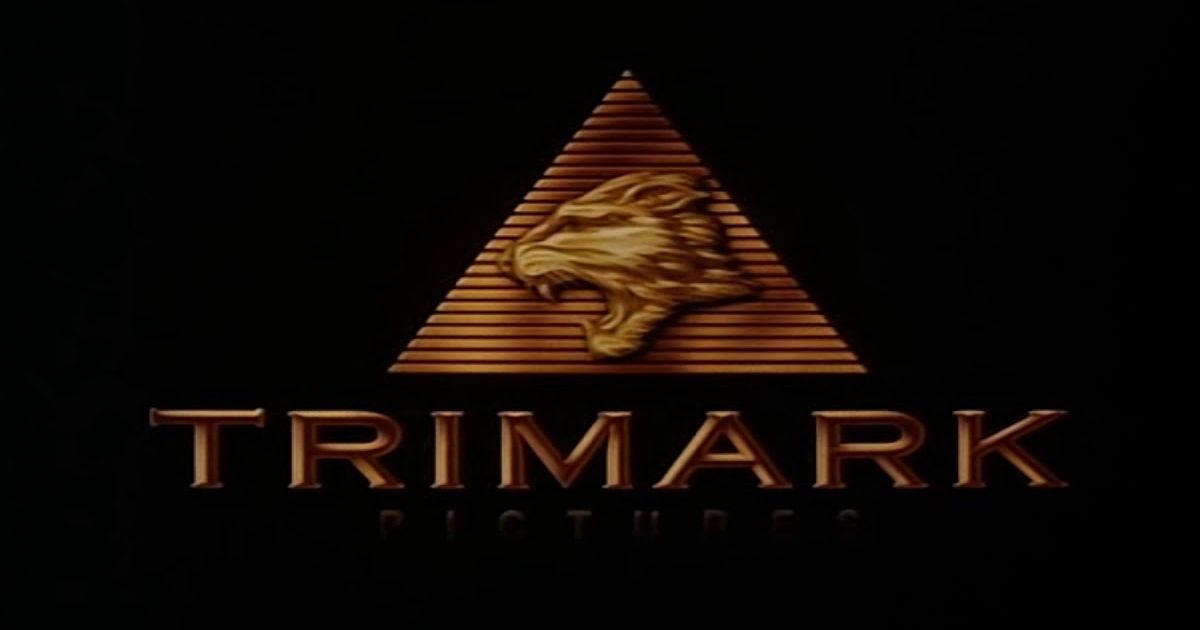

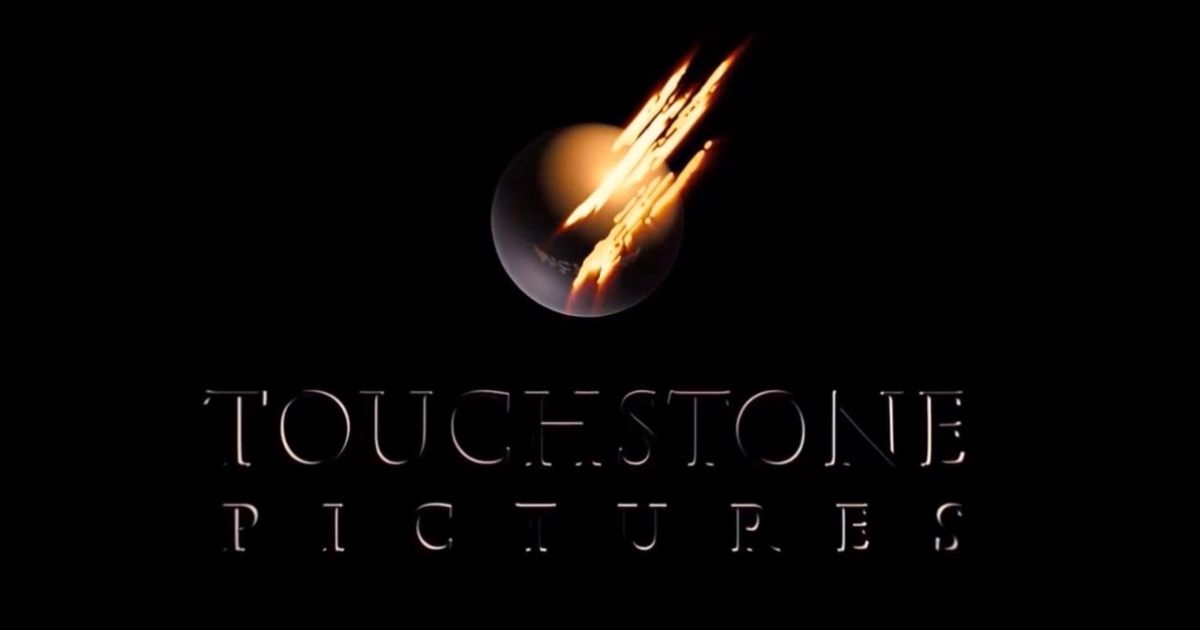
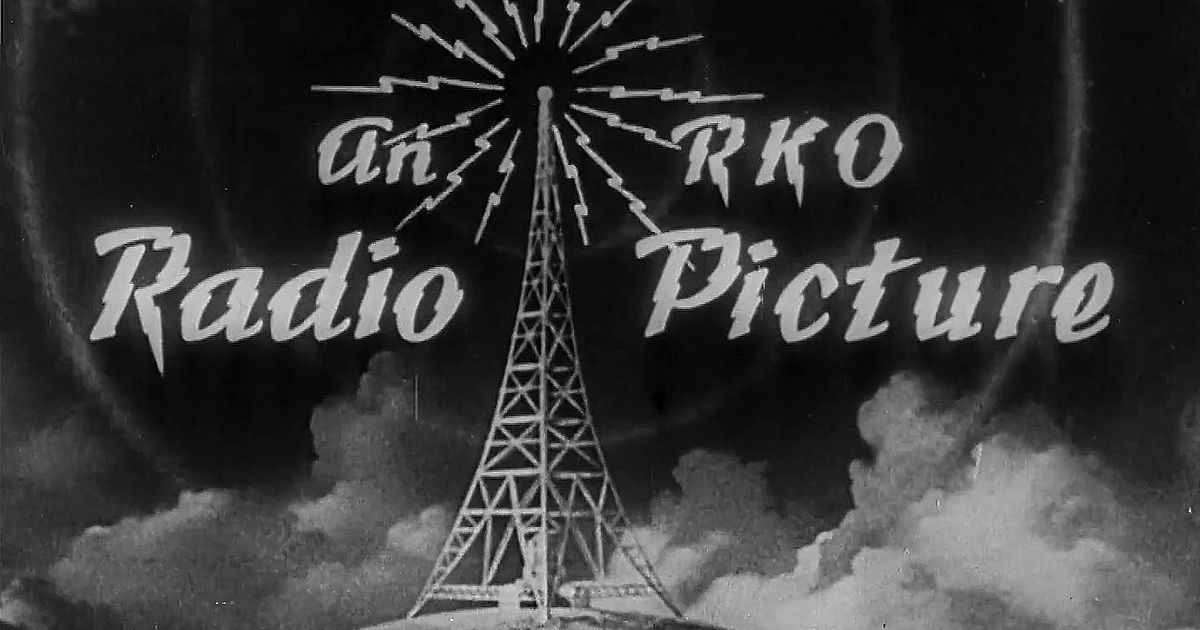
Comments
Post a Comment